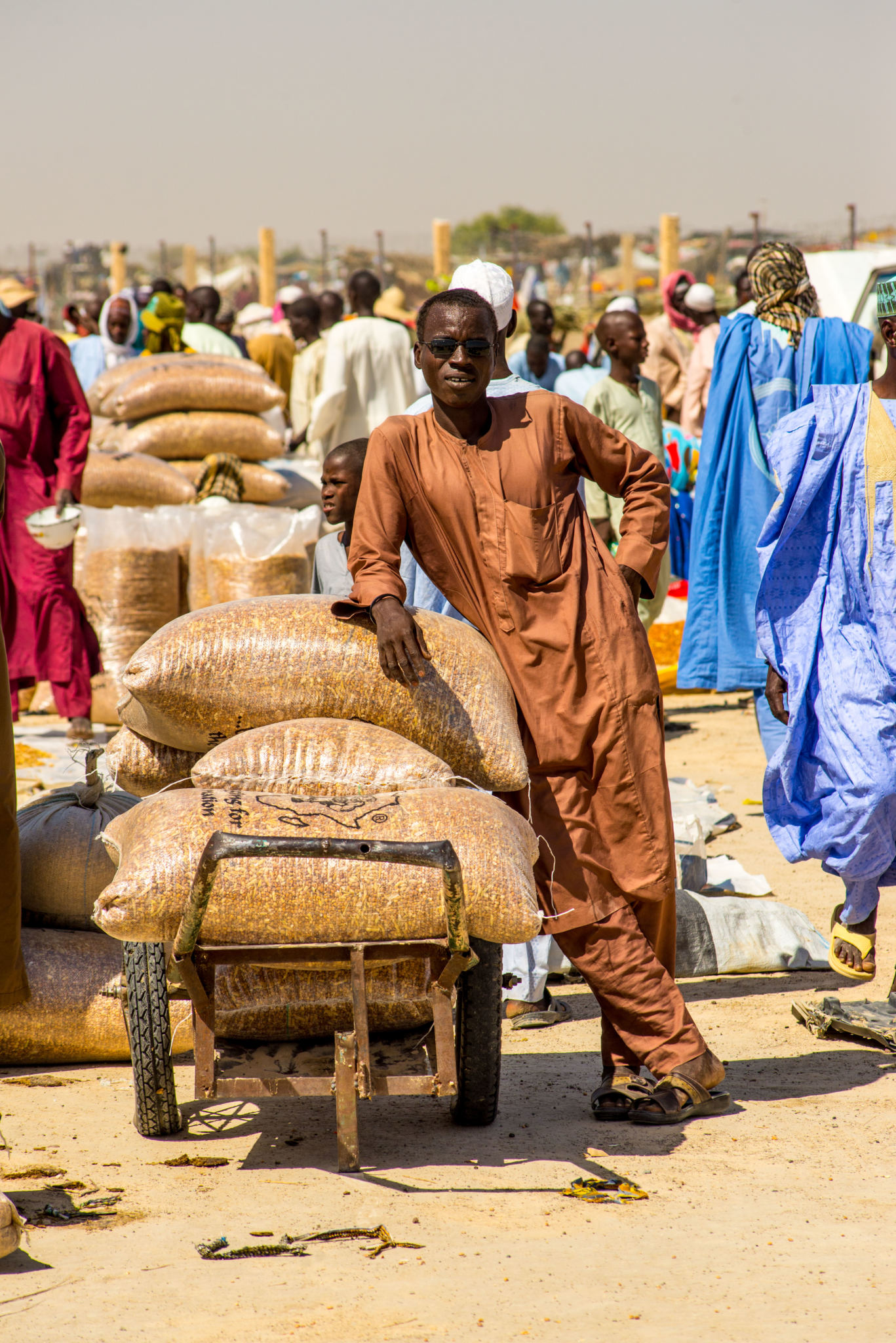The Lake Chad region is hosting more than 2.4 million displaced people. In areas with high numbers of displaced people and refugees, relations have been tense, due to the perception that the refugee communities are benefiting more from incoming humanitarian aid than host communities.
While many humanitarian agencies provide food to camps for internally displaced persons and refugees, few provide the fuel needed to prepare food. This leaves the population with no other option than to cut wood for cooking. Displaced people are well aware of the negative consequences of deforestation on soil fertility and reduced protection from sand storms, but have few options for cooking food. In addition, collecting firewood poses a security challenge since people–mostly women and children–need to travel further from populated areas to find firewood. The longer distances put them at risk of attack, abduction, rape and killing.

